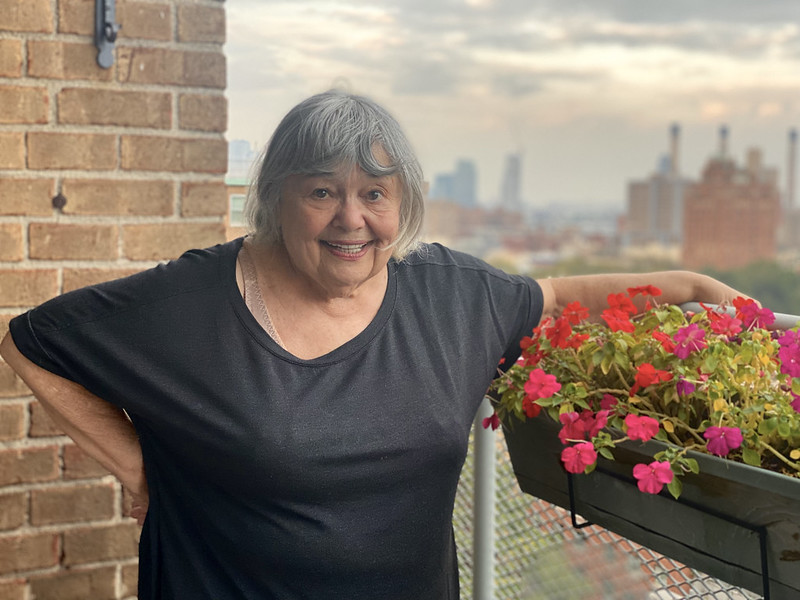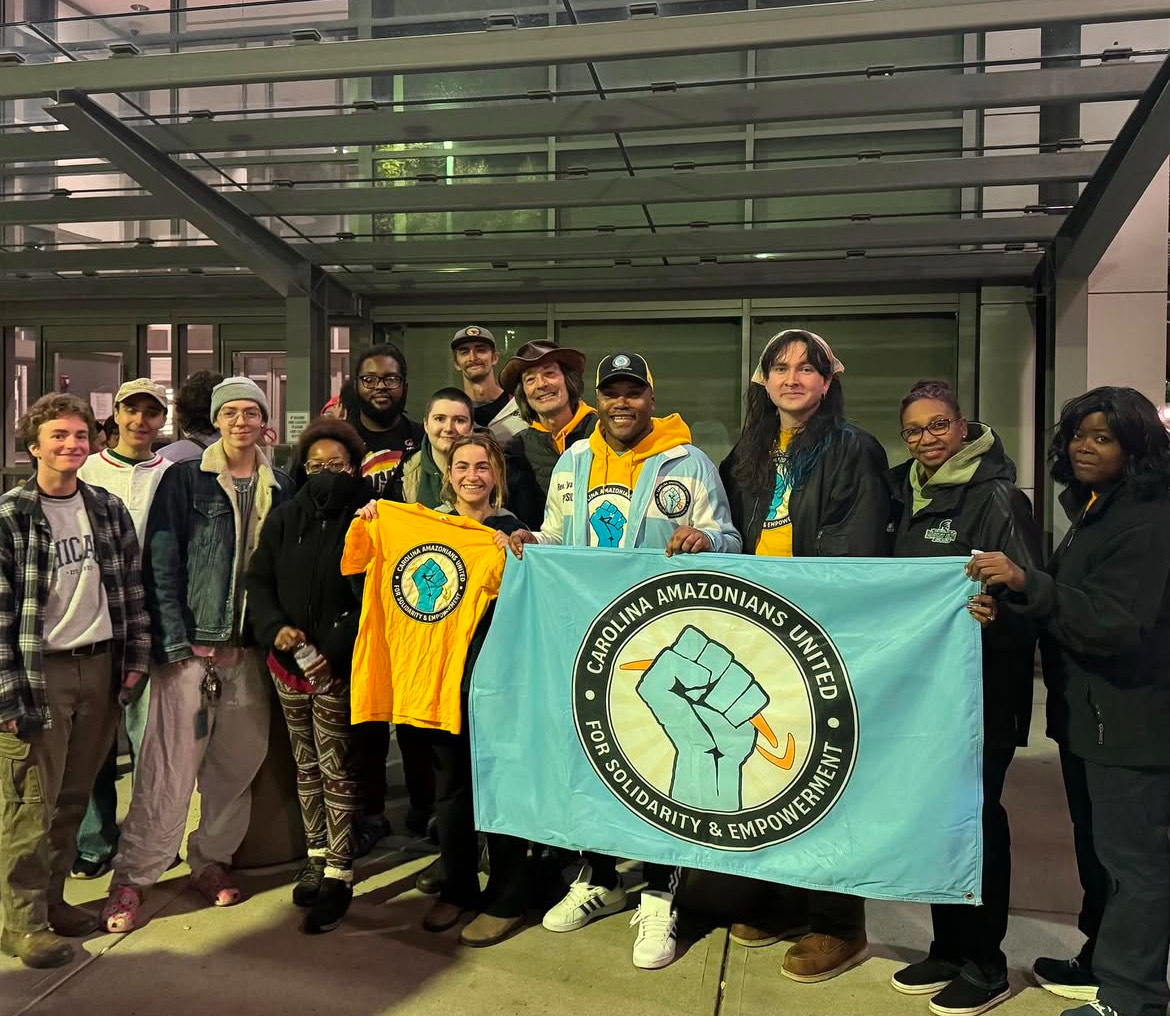Music venues, movie theatres, museums, Broadway shows, restaurants, gyms, and public places are full of people once again in New York City since the enforcement of the vaccine card mandate, but the elderly is missing among the crowds. Elders who survived the pandemic are wrestling with getting in the flow of public life.
“I’m not trying to reintegrate, I’m too old,” said Robert Dunn, 89, of the Bronx. “I’m on the fringe. I mean, I go out to the store, and I come back. I don’t socialize very much.”
Older adults continue to be one of the most at risk populations of becoming ill, hospitalized, or dying from Covid 19. In the U.S., adults 65 and older account for 16% of the population, but 80% of Covid deaths. As of October 4, 2021, there have been 34,284 total Covid deaths total in the city since the start of the pandemic. The majority have been 65 and older.
“You can see that [the pandemic] wore on [the residents],” said Ivan Arvelo, 50, the manager at Cooper Square Senior Housing in NoHo. “A lot of them are still afraid, a lot of them are still a little passive. There’s a slow reintegration because a lot of people act like Covid isn’t even around anymore.”
While some seniors find social connection within public places such as senior centers, group classes, or discounted movies, they said they’re uncomfortable re-engaging in these activities.
“I don’t go into a Sears or any place where there are close people,” said Dunn, of the Bronx. “It’s a big nuisance. I mean, you feel restricted, and you’re not able to live normally.”
Although 70% of seniors within the city are vaccinated, 28.5% of NYC residents are not.
“Now, with the lifting of the restrictions, we still are very conscientious,” said Richard Muller, 74, of the East Village. “Even though we’re vaccinated, we wear masks. We don’t understand why people don’t get themselves vaccinated.”
Muller said that he and his friends are fearful due to fear of transmission from those who are still unvaccinated.
“I’d say that there’s a sort of a vigilance,” said Muller. “There’s a public concern that some people are not acting responsibly. We’re hopeful, but still cautious because we don’t want to get sick.”
One in four older adults reported anxiety or depression since the start of the pandemic. Older adults are still recommended to follow current public health guidelines, limiting indoor and in-person social interactions, which contributed and still contributes to isolation among seniors.
“They were isolated for a long time,” said Arvelo. “I mean, isolation is no joke when you’re a senior, and I saw it first hand. They’re more vulnerable and scared that if something does happen to them, they’re the ones that will be impacted the most.”
While getting out and being social is a problem for New York elders, connecting through technology continues to be challenging as well.
“I am terrible with technology,” said Amy Weprin, 87, of East Village. “I only use the landline. I have a cell phone, but it stays off.”
Dunn said that trying to connect through technology is not an option.
“I don’t even know what [Zoom] is,” said Dunn. “Technology is out of the question. I don’t understand it, and I don’t even try.”
Arvelo said that he doesn’t think NYC seniors will reintegrate into public life until local herd immunity exists.
“I think until we get a local herd immunity, that’s when they’re going to really feel safe and start doing the same things they used to do all the time,” said Arvelo. “I think until we have herd immunity they’re not going to want to be around other people.”


